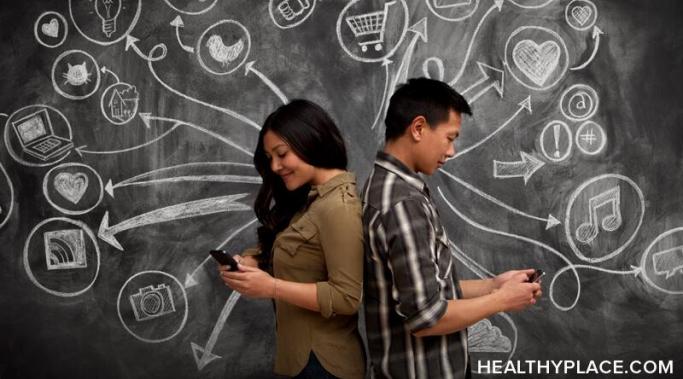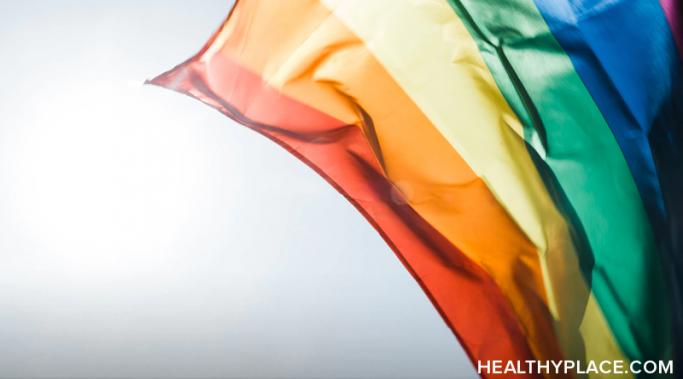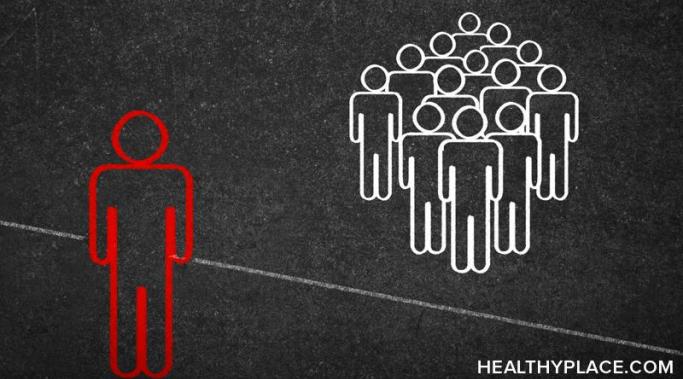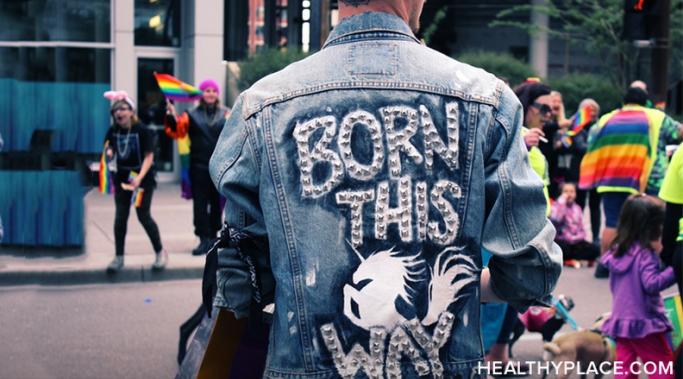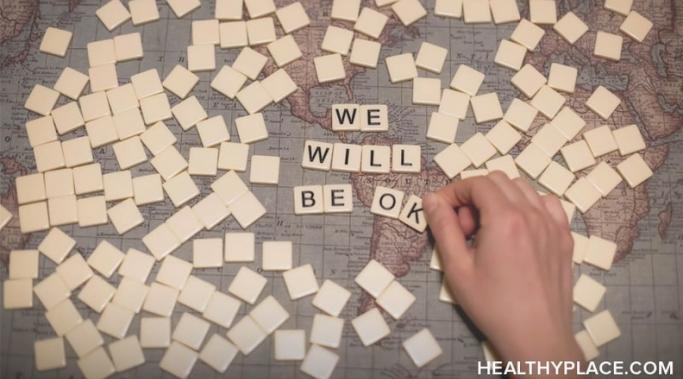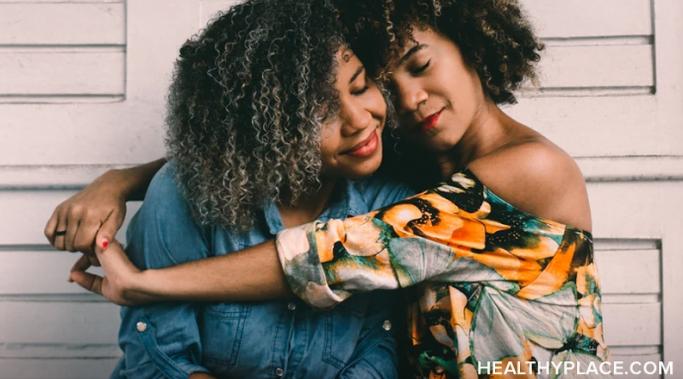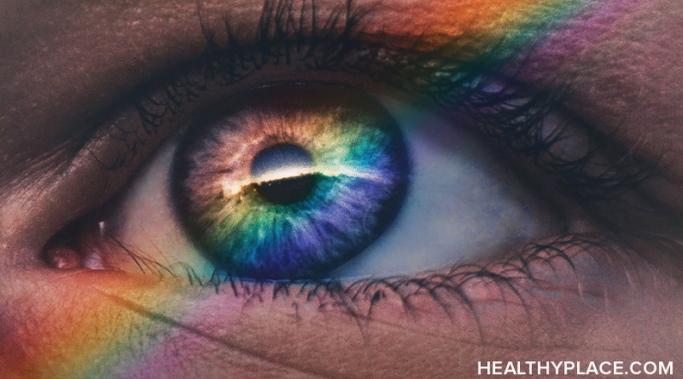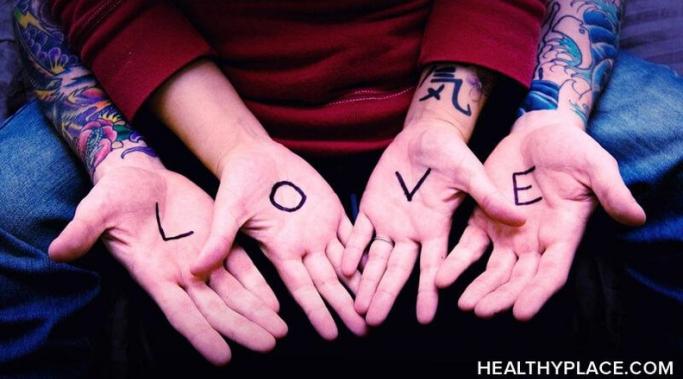Today I'm reviewing the queer app Lex. There are quite a few dating apps out there that the lesbian, gay, bisexual, transgender, queer, plus (LGBTQ+) community can use, but this is one of my favorites. It's a text-based dating app based on old lesbian personal ads looking for love and sex. The Lex app allows each user to include one photo, but it primarily functions off of short blurbs that are around 300 characters and a title. While it started focusing on love and sex, it has morphed into a queer social app with just about everything for everyone, including a myriad of queer community and social events. Today, I'll share three things I love and three things that could be better in my review of the queer app Lex.
LGBT Intimate Relationships
October 8th was International Lesbian Day, and in celebration of this day, I thought I would cover one of my favorite topics: lesbian breakups. Breaking up is hard, no matter your gender or sexuality. I know because I've lived all along the gender and sexuality spectrum, and I've survived a lot of breakups. I've had breakups with straight men, gay men, bisexual men, bisexual women, and, oh, lesbians. Hands down, the most challenging breakup I've had has been with my most recent lesbian-identified relationship.
Taimi is a lesbian, gay, bisexual, transgender, queer, plus (LGBTQ+) dating app known for its inclusivity. I've used dating apps like Tinder and Bumble, but this is my first time using a dating app specifically for LGBTQ+ people. The setup was easy, and I was impressed by the dating app's features. However, after using the app for a few weeks and reading some reviews, I think many improvements can be made to the user experience. I'm trying to navigate the good and the bad as I dip my toes into the dating pool. Here's what I found out about the Taimi dating app.
This Pride month, I'm recommending my favorite lesbian, gay, bisexual, transgender, queer, plus (LGBTQ+), coming-of-age love story. "Classmates," also known as "Doukyusei," by Asumiko Nakamura is about two high school boys who fall in love for the first time. The manga and its anime adaptation will leave your spine tingling and your stomach aflutter.
We live in a society where casual sex is a normal part of dating culture. There is, of course, nothing wrong with a casual hookup between consenting adults, but for demisexual folks (people who only experience sexual attraction after forming an emotional connection), dating and intimate relationships can be a bit harder to navigate -- in no small part because there are still a lot of misconceptions about what demisexuality is and is not. These misconceptions not only put a strain on our relationships but on our mental health as well.
Gender identity in the lesbian, gay, bisexual, transgender, queer, intersex, asexual, etc. (LGBTQIA+) community is important when speaking about mental health. Society has made a habit of assigning gender based on assumptions relating to outward appearance and tone of voice. Mental health concerns can be tied together with gender identity, and it is important to respect an individual's chosen identity without our own biases getting in the way.
Despite common belief, there is domestic violence in the lesbian, gay, bisexual, transgender, queer, intersex, asexual, etc. (LGBTQIA+) community. I know there is because I am a lesbian survivor of domestic violence. A decade ago, I entered a police station after a physical assault from my partner looking for help. The officer who took my report ended our meeting by explaining to me that my allegations would never hold up in court. He stated I should have fought back. His closing remark was to leave my partner if I was unhappy. It took me six more months of enduring abuse before I was able to escape my domestic violence partnership.
I believe in the importance of self-care, especially for lesbian, gay, bisexual, transgender, and queer (LGBTQ) people. But I wasn't always this way. In fact, until this past year, I'd heard about the self-care movement but dismissed it as "narcissistic" or "selfish." I also thought that I didn't deserve to take care of myself when I could spend that time helping others.
The more I've been a part of the lesbian, gay, bisexual, and transgender (LGBT) community, the more I've realized how complex attraction really is. One of my close friends is asexual, which means that while they're happily married, they don't experience sexual attraction. As an advocate for asexuality, my friend has met opposition in and outside of the gay community because so many people don't understand how this identity exists or falls under the LGBT spectrum.
Finding love as a transgender (trans) person is difficult. After recently leaving a long-term relationship, I've found myself back on the dating scene. Finding a romantic partner as a trans man isn't easy. Even the most affirming cisgender (a person whose gender conforms with his or her birth sex) people can have reservations about dating someone who's transgender. I don't blame people who aren't comfortable dating a trans person. Physical attraction is an important part of a healthy relationship and, if someone isn't attracted to my body, I understand that. But I also think it's important to recognize and eradicate transphobia in the dating scene to make finding a partner safe for everybody.


